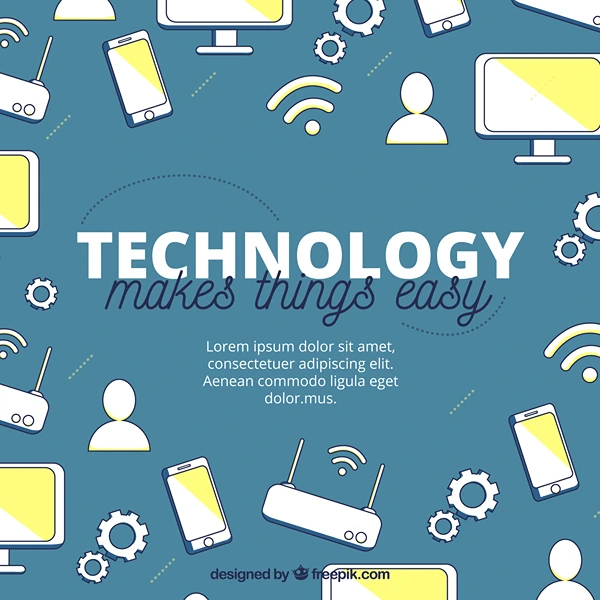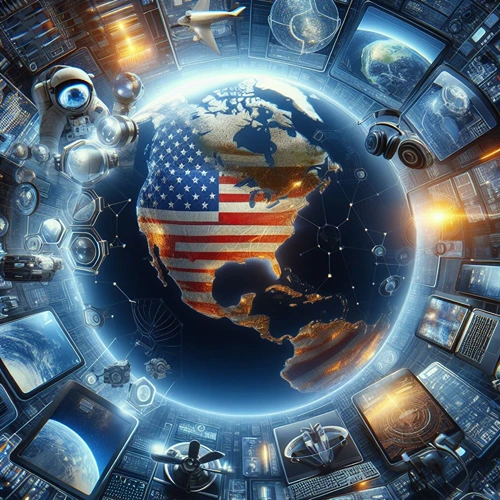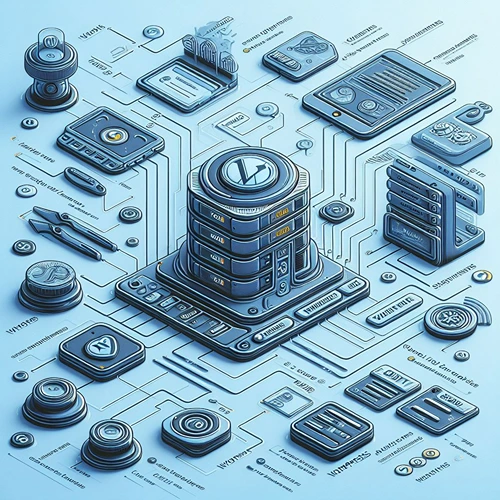In a world characterized by rapid advancements, the future of technology is a landscape rich with promise and innovation. As we navigate the 21st century, several groundbreaking technologies are poised to revolutionize the way we live, work, and interact. This article explores key innovations shaping tomorrow’s technology
Artificial Intelligence (AI) and Machine Learning
- AI continues to evolve, with machine learning algorithms becoming increasingly sophisticated.
- Future applications include personalized AI assistants, advanced data analysis, and AI-driven innovations in healthcare, finance, and education.
5G Technology
- The rollout of 5G networks promises unprecedented connectivity and speed.
- Enhanced internet capabilities will enable the Internet of Things (IoT) to flourish, connecting devices seamlessly and facilitating the development of smart cities.
Augmented Reality (AR) and Virtual Reality (VR)
- AR and VR technologies are moving beyond entertainment to find applications in various sectors.
- From immersive educational experiences to virtual travel and enhanced training simulations, these technologies are set to redefine our interaction with the digital realm.
Blockchain Beyond Cryptocurrency
- While initially associated with cryptocurrencies, blockchain technology is expanding its reach.
- It holds the potential to revolutionize supply chain management, healthcare records, and ensure secure, transparent transactions across various industries.
Quantum Computing
- Quantum computing promises to solve complex problems at speeds unimaginable with classical computers.
- Industries like cryptography, drug discovery, and optimization problems stand to benefit significantly from the unparalleled processing power of quantum computers.
Biotechnology and Gene Editing
- Advances in biotechnology, including CRISPR gene editing, are paving the way for personalized medicine and disease prevention.
- The ability to modify genes holds promise for treating genetic disorders and developing more effective medical therapies.
Renewable Energy Innovations
- The future of technology is intrinsically tied to sustainable solutions, with a focus on renewable energy sources.
- Innovations in solar, wind, and energy storage technologies are crucial for addressing climate change and creating a more sustainable future.
Autonomous Vehicles
- The era of autonomous vehicles is dawning, with ongoing developments in self-driving cars, drones, and even flying taxis.
- These innovations not only promise increased safety on roads but also transform the way we think about transportation.
Smart Cities and IoT Integration
- The concept of smart cities involves integrating IoT devices to enhance urban living.
- From smart traffic management to efficient energy consumption, these technologies aim to create more sustainable and livable urban environments.
Neurotechnology and Brain-Computer Interfaces
- Innovations in neurotechnology are unlocking new possibilities in brain-computer interfaces.
- These interfaces hold promise for medical applications, including the restoration of mobility for individuals with paralysis and improved communication for those with neurological disorders.
In conclusion, the future of technology is an exciting tapestry of innovation. These advancements, ranging from AI and 5G to biotechnology and quantum computing, have the potential to redefine the way we live and interact. As we embrace these innovations, it is essential to consider their ethical implications and ensure that technology is harnessed for the greater good, contributing to a future that is not only technologically advanced but also sustainable and inclusive.




